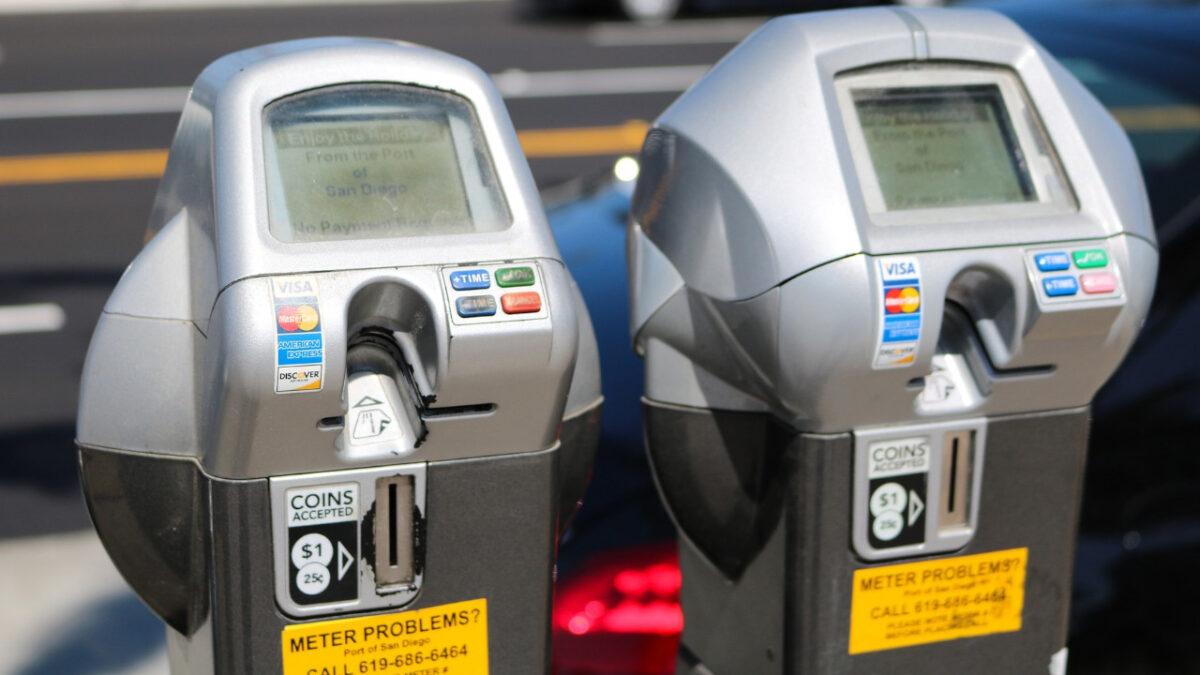UCLA economist Donald Shoup has become a cult figure in the worlds of City Planning and Urban Development. His 2005 book THE HIGH COST OF FREE PARKING has been the center of a movement that has become almost religious like with sycophants advocating for less parking in congested urban areas and a blind devotion to public transportation. Like so many theories founded on sound economic principles, policy makers with little knowledge of economic fundamentals have taken a good idea and turned it into bad policy.
The sound theory was that public parking in urban congested areas was pricing parking spots backwards making inconvenient garages expensive and prime street parking cheap or free. He argues for charging more for the best spots—which is good economics. Where he goes wrong is that he never advocates for free market principles and “pricing” systems that would best allocate the scarce resource of a parking spot. Cities across the country have set the prices for parking in “command and control” edicts that never match supply and demand. Price ceilings are set below the equilibrium price and always result in a decrease in supply. Price floors are set above the equilibrium price and result in a supply surplus. With land in an urban area there is always a decrease in the supply and prices will naturally go up. Government intrusion into the marketplace will always result in in supply and demand inefficiencies and economic frictions that occur as the market tries to overcome these inefficiencies. These always result in increased costs and prices to suppliers and customers—always.
The solution for Donald Shoup accolades is always to decrease the number of parking spaces per unit in an urban development, thus putting a premium price on the parking space. Who pays that increased cost? Renters and homeowners, but not just those assigned to the space, but those who live in adjacent neighborhoods where the demand for spaces will spill over because the price for the space may be nothing. Walking a few blocks for a parking space is better than paying $250/month. This has happened almost without exception across our country. Why not create a market for the parking space? There could even be a secondary market for spaces where those who have a space could rent their spaces and maybe make a nice profit.
The future in parking I predict will not be in utilitarian “command and control” government policies. In several cities people looking for parking in urban areas are using a parking appointment “App” where they can access a parking space with a bid on the app and scheduling a time where they will have access to the parking spot. But the key to this free-market solution is not less space—but more space. If City Planners and City Fathers believe that they can force us into a lifestyle that subjugates space and property to a “common good” philosophy and in turn subjugates prices and markets to a vision that is not universally shared by people who value property rights and economic liberty, the economic and social prices to be paid will become insurmountable. If you don’t believe me look at our major cities like LA, Portland, Seattle, Chicago, and Philadelphia to name a few. All places where Mr. Donald Shoup accolades told us that urban planning and public transportation were the new reality have failed miserably, not because he was wrong about pricing, but because he never advocated for “the market” as being the best way to allocate that scarce resource.
We have only to look at our own Treasure Valley Communities to see the folly of modern-day city planning theory. Beautiful developments like Bown Crossing and Harris Ranch have become centers of congestion. Yesterday it took me 45 mins to go from Bown Crossing to East Junior High at 5PM. I saw thirty signs along the way that read “STOP UP REZONING”.
Abraham Lincoln once opined:
“It is only political power that can place a chain around the necks of capital and labor and when used incorrectly, will close the door to both”.
City Planners and City Fathers in Idaho should beware of “false prophets” and “City Planners.”


